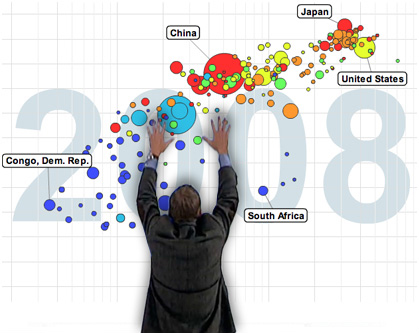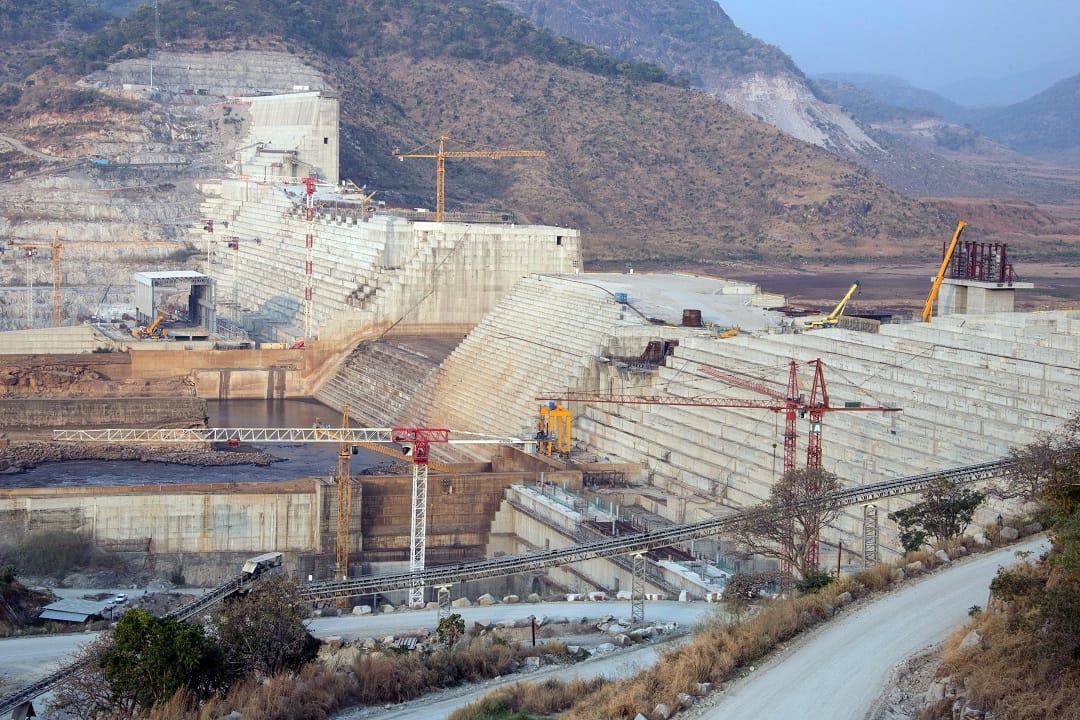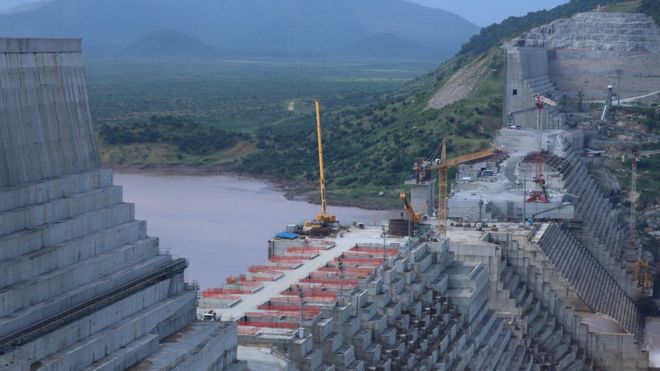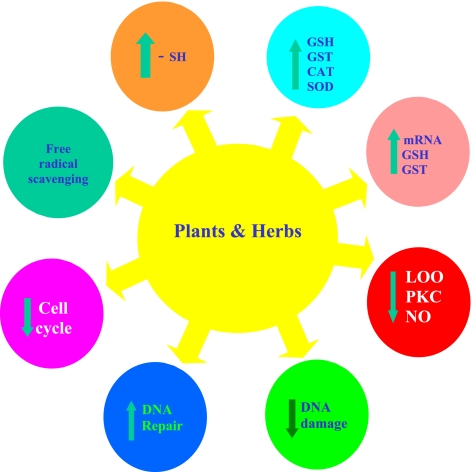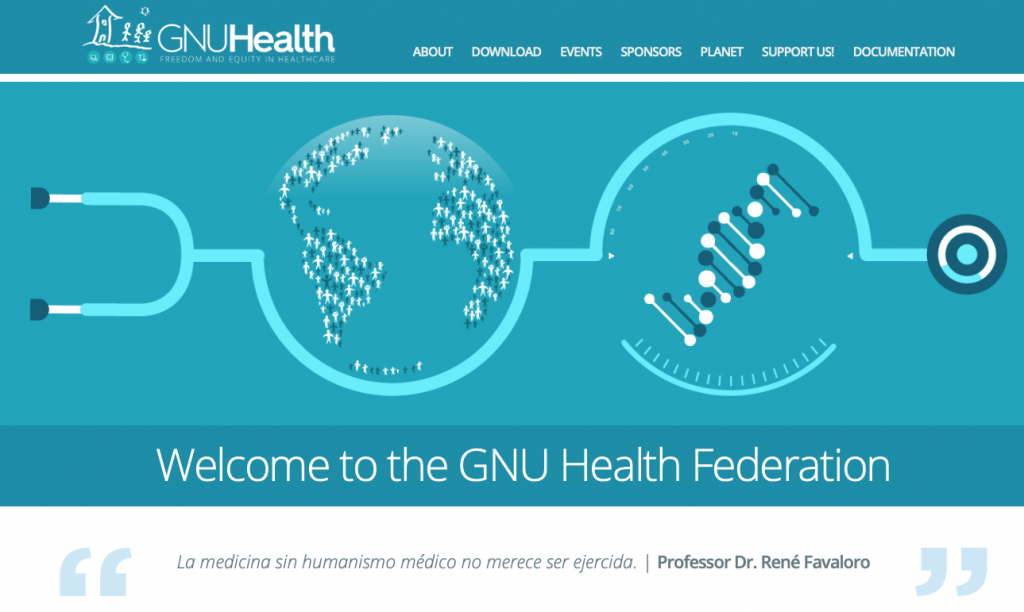This video discusses Friedrich Hayek’s most famous essay titled “The Use of Knowledge in Society.” This essay first appeared in the American Economic Review in 1945 and focused on the division of knowledge in society. Hayek uses the example of the tin market to illustrate how prices communicate relevant information. If there is a disruption in the tin market, individuals don’t need to know specifics about the disruption, just that the price for tin is higher. As the price increases, individuals economize or look for substitutes. In this sense, no one plans prices or markets, rather it is the result of spontaneous order. Entrepreneurs seek profits and consumers seek to maximize their utility, which bring about the use and mobilization of decentralized knowledge.
Categories
- Country (113)
- Deportes (6)
- Fútbol (2)
- Docencia (77)
- Competividad (1)
- Dinero (7)
- Familia (3)
- Freedom of Speech (1)
- Games (1)
- Gobierno Abierto (4)
- Justicia y Leyes (7)
- Music (4)
- Open Source (15)
- Privacidad (1)
- Religion (1)
- Salud (17)
- Sistema Educativo (8)
- Smart City (9)
- Soluciones (1)
- eLearning (1)
- Money, Sex & Power (15)
- Bitcoin Price (1)
- Bussiness Model (5)
- Science & Technology (67)
- 3D Printing (1)
- Artificial Intelligence (6)
- Augmented Reality (2)
- Autopilot (4)
- Blockchain (5)
- Hardware (1)
- Plataform (5)
- Programming (7)
- Robot (2)
- Software (22)
- Tools (2)
- Video Games (5)
- Water (1)
- Uncategorized (798)
- World (83)
- Airlines (4)
- Corruption $ Debt (8)
- Ecology & Polution (3)
- Economics (16)
- Energy (4)
- Farmaceutica (1)
- Financial System (1)
- Food (8)
- Graph & Charts (2)
- Health (23)
- Knowledge (5)
- Maritime (2)
- Military (5)
- Religion (2)
- Traffic (3)
- Transporte (2)
- Water (2)
Tags
3D Kit (4) Abandonware (2) ACP (2) Alan García (2) APRA (2) BeOS (16) Centos (2) Corona Virus (4) CriptoChico (3) Cuello (2) Download (3) Drone (2) Emulator (5) Facebook (6) Foul (3) Fútbol (2) Hackintosh (5) Hayek (2) Hemp (2) IDAAN (2) Linux (3) LiveCode (2) LoRaWAN (2) MacOS (4) Market Capitalization (4) Odoo (11) Ollanta Humala (2) Orthotropics (2) PowerPC (3) Revolution (6) Robot (2) Snap (2) StarCraft II (3) Tesla (2) Tools (4) ToScrap (3) Trigger Point (12) Uber (4) Virtual Machine (3) Water Treatment Solutions (2) Water War (3) WebSite (9) WEF (2) Wish List (2) WordPress (3)-
Recent Posts
Recent Comments

